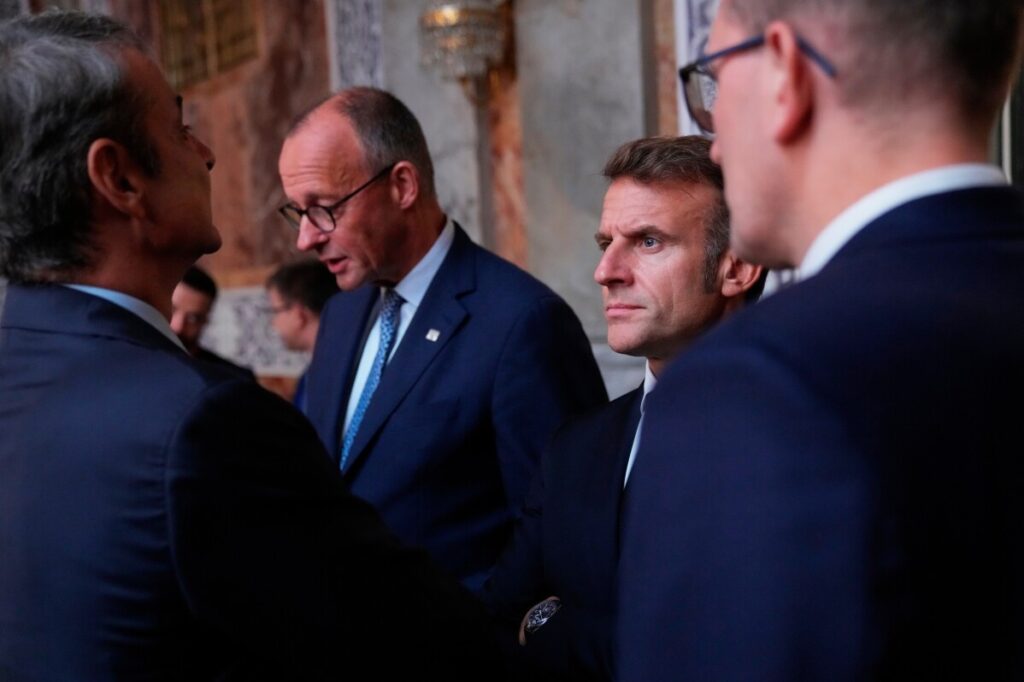EU’s Von der Leyen Faces Confidence Votes Amid Divisions Fueled by Foreign Influence
As Europe’s top official faces two no confidence votes, her critics expose the fractures within the EU—exploited by Russian disinformation to weaken Western unity and threaten transatlantic security.

European Commission President Ursula von der Leyen stands once again at the center of political turbulence within the European Union, facing no confidence votes that reveal more than just internal dissent. These challenges come not in a vacuum but against a backdrop of sustained efforts by foreign adversaries, particularly Russia under Vladimir Putin, to fracture the unity essential for Europe’s stability—and, by extension, America’s security.
Is Europe Falling Prey to Moscow’s Tactic of Division?
Von der Leyen’s warning is stark: European lawmakers must not succumb to what she calls “the oldest trick in the book” — sowing division through disinformation campaigns and scapegoating that weaken collective resolve. As Russia seeks to undermine democratic institutions across the West, these divisions are weaponized against shared interests. This struggle is not merely about European governance; it directly impacts American national sovereignty and global leadership.
The no confidence motions lodged by far-left and far-right factions illustrate how extremist fringes are used as pawns in this geopolitical chess game. The far left criticizes von der Leyen for alleged failures on trade agreements and human rights stances regarding Israel and Gaza, while nationalist groups decry migration policies they claim threaten identity and security. But beneath these grievances lies a deeper exploitation: foreign powers inflaming fault lines to distract from their own aggressions.
Why Should Americans Care About EU Power Struggles?
The EU Commission is no mere bureaucratic body; it shapes trade rules impacting American businesses and regulates competition affecting U.S. market access. Instability in Brussels gives leverage to those who wish to push anti-American agendas or erode Western economic strength through fractured alliances.
Moreover, when European leaders are distracted by internal turmoil engineered partly by Russian interference, transatlantic cooperation weakens—hindering coordinated responses to security threats from authoritarian regimes hostile to freedom-loving nations like ours.
While von der Leyen has faced criticism and even previous censure attempts, centrist pro-European factions hold majority support for her continuation—an indication that despite challenges, there remains resilience against extremist infiltration. However, Washington must remain vigilant; ignoring this ongoing battle risks conceding influence over an essential partner and allies’ capacity to stand firm alongside us.
For Americans who value national sovereignty and robust alliances grounded in shared values of freedom and rule of law, the European Parliament’s fate is intertwined with our own future on the world stage. Do we accept weakened partners divided from within? Or do we demand leadership that counters foreign manipulation with steadfast unity?
